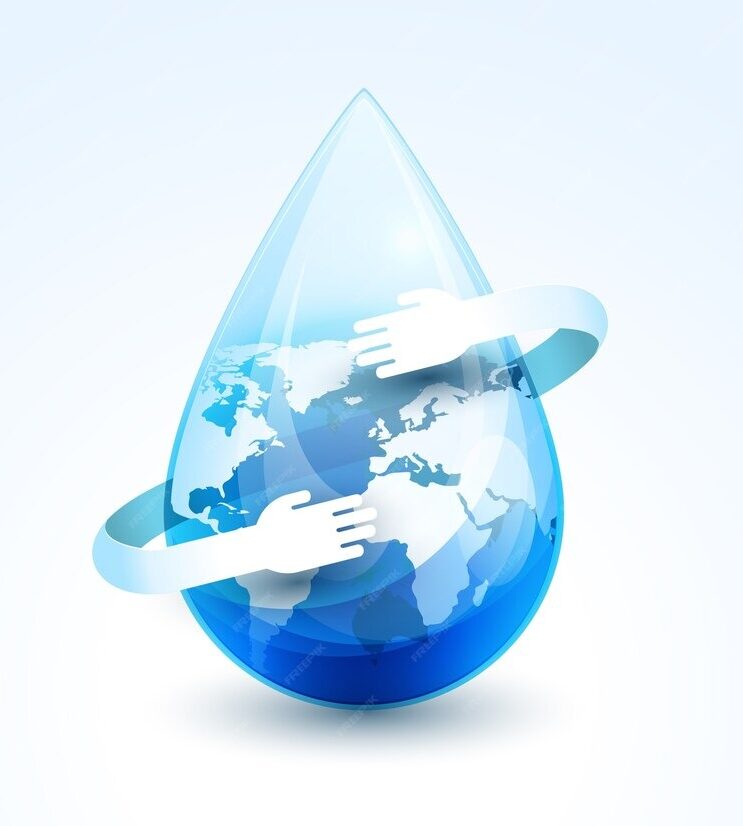The highly anticipated conglomeration of the Climate Change circuit for this year, the COP28 has concluded this week!
One of the most significant takeaways from COP28 was the collective push towards bidding farewell to fossil fuels. Over 100 nations pledged to triple their renewable energy output by 2030. But here’s the kicker – this transition heavily hinges on our reliance on water resources.
On 9th December, there was a concerted effort to raise awareness about water’s significance in achieving net zero commitments across various sectors like energy and agriculture. The following day, 10th December, was entirely dedicated to water, food, and agriculture, emphasizing the criticality of these elements in keeping our climate goals within reach. While the focus was largely on agriculture, I couldn’t help but wonder about other crucial scenarios like WASH (Water, Sanitation, and Hygiene) which seemed like having been conveniently overlooked.
Yes, there were discussions about climate finance, energy transition, and substantial funds allocated for addressing loss and damage caused by climate change. Developed countries have pledged to support developing nations dealing with these irreversible losses. However, I believe there’s a gap that we can bridge through technological innovation, especially in South Asia, to tackle water challenges effectively.
Here’s the silver lining: Initiatives like Water Equity’s announcement of USD $100 million for climate-resilient water infrastructure in vulnerable communities across different regions such as South and Southeast Asia, Sub- Saharan Africa, and Latin America are steps in the right direction. It might not solve everything overnight, but it’s a promising start.
However, for South Asian countries to truly address these pressing issues, there remains a vital need for stronger representation and expression of their concerns. Take, for instance, Nepal’s Prime Minister Mr Pushpa Kamal Dahal, who during the event passionately highlighted about the alarming consequences of melting glaciers in Nepal due to climate change. It is moments like these that draw attention to critical regional issues and calls for similar attention and platforms which, if provided to all challenging aspects of water security, shall present a clearer picture of the actual scenario. The resource ‘Water’ – which remains indispensable has, unfortunately, once again not received the serious attention it deserves.
However, for South Asian countries to truly address these pressing issues, there’s a vital need for stronger representation and expression of their concerns. Take, for instance, Nepal’s Prime Minister Pushpa Kamal Dahal, who passionately highlighted during the event about the alarming consequences of melting glaciers due to climate change. It’s moments like these that draw attention to critical issues. If similar attention and platforms were given to other pressing matters, a clearer picture of the actual scenario could emerge. The resource ‘Water,’ which remains indispensable, hasn’t received the serious attention it deserves.
